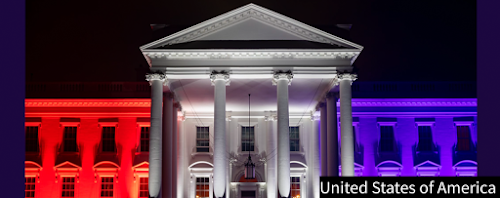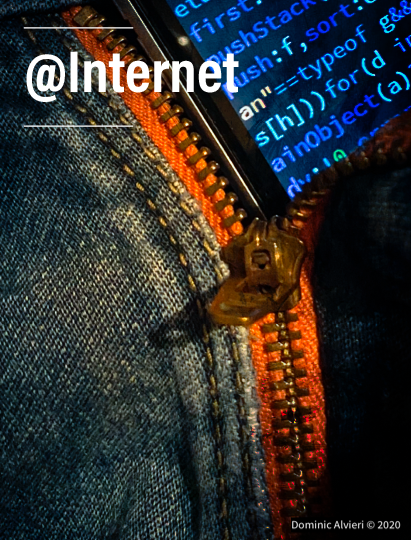Can the World survive with the Internet this way?
July 24th, 2020
By
Dominic Alvieri
Negative posts have been planted and circulated on our social media platforms by foreign sources to cause chaos.
One Censor with Many Sensors. @AlvieriD
When do you restrict a
post?
When do you level the
playing field?
Why would
you close your countries Internet access?
Why do you have rooms of monitors in our country?
Why do you have a database on me overseas? Really?
 |
| The brick wall coming up behind the Internet. |
Every day more and more censors with
real time sensors are monitoring, editing, and blocking content from being
viewed on various social media platforms around the world. More shocking is
the daily movement towards restricting the pursuit of life and liberty itself.
When an overseas criminal is hidden
behind a countries Intranet, the odds are stacked against you. Not house rules, skyscraper rules.
Call it what it is. It is not the Internet. Countries have built more controllable Intranets. Countries like China and Russia have built their own Intranet slices of
the Internet to monitor and restrict their own citizens. Everyone else in the world is included. Do you think it stops there? More countries are on that list against us and against Freedom worldwide.
 |
| Many people died for our Freedom. United we stand strong. |
Do you know the largest democracy in
the world closed parts of its Internet service for several
months? India is the largest democracy in the world. Why was this acceptable? Why is it
acceptable? Why wasn’t there an uproar? Because you could not hear it. You could not see it because they
turned off the switch. They turned off the Internet. Try to file a report in
India if you do not live in India. Arcane rules and jurisdictions. I know there
are great people in India that want to help. It is at a higher level that the
work needs to be done and checked.
If you are going to post some arcane falsehood, you should be restricted. Posting a threat? Bullying? Scam? Ciao. The freedom of speech gives us the right to speak freely to a point. Your thoughts, feelings, and ideas may be expressed without fear unless you intend ill will. This is what makes our country great. Expressions of hate have replaced posts of love. Planning funerals and not celebrating birthdays.
Negative posts have been circulated on our social media platforms by foreign sources to cause chaos.
Posts have been created with malicious intent and distributed. Fake groups and posts are purposely made to circulate an opinion and point in a direction. That is subversion. We are at cyber war now. Top world officials know. We have top security experts here in the United States with technical skills above my level of expertise at the moment who will concur with my research.
Freedom. Many people have died for
this right I hold dear. Black people. White people. All colors and races. Men
women and children have sacrificed for what we took for granted. You can block many, but you can not block us all.
 |
The ability to opine is one in which is a given right. Having the ability to use it wisely is still a skill that many have not perfected.
Look at the three year old pointing back
overseas charging every child and parent of the world guilty of what they have
been doing. Your hand still has chocolate on it from being in the cookie jar.
You are caught again my dear.
The choice to post, or not to post should mainly rest on my fingers. I understand the need to block certain content. The explosive rate of censorship and malicious content placement by enemies of Freedom are unacceptable. Period.
 |
| @AlvieriD |




















